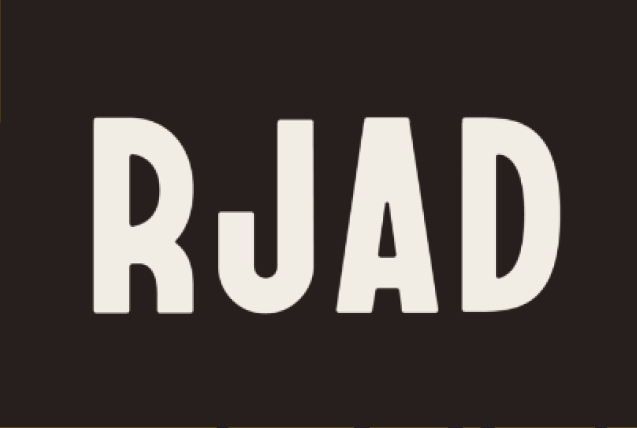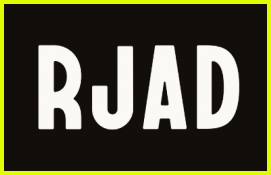Black Political Thought
Black Political Thought
About This Class
Description
- Haitian Revolution and its significance for the African diaspora
- History of maroonage and resisting enslavement, policing, and colonialism
- The European Enlightenment political project through the lens of the French Revolution
- Intersections of race, sexuality, gender identity and expression
- Black Lives Matter: intersectional critique of anti-black racism
- Assimilation vs. segregation ideologies (monogenesis and polygenesis)
- Emphasis of unity of struggle (vs. separatist politics)
- Validate experience and epistemic privilege
- Challenge anti-Black racism in institutions, esp. media and law
- Validate theory and intellectualism: heroic/talented tenth model vs. community/organic intellectual
- Importance of women in the family and community (caretakers, othermothers)
- Challenging internalized oppression (colonialism, white public patriarchy, homophobia)
- Critique of heteropatriarchy
- Modern-day maroons: Prison activists as imprisoned intellectuals
Topics/ Learning Objectives
- Summarize the major concepts of racialization, race, and racism, colorism, shadeism from 1619 to today.
- Identify the significant ethical, political dimensions of anti-racist struggle through critical reflection.
- Apply these concepts and theories to historical epochs and contemporary society by the construction of a reasoned philosophical argument.
- Demonstrate knowledge of a basic narrative of American history, such as political, economic, social and cultural, including knowledge of unity and diversity in American society
- Examine the state and mediating institutions in American society and how they have affected different groups, including ethnic minorities and women
- Discuss America’s evolving relationship with the rest of the world.
Required Material
Silencing the Past: Power and the Production of History by M-R Trouillant
Find on Bookshop, Online, or your local library
From #BLM to Black Liberation by Keeanga-Yamahtta Taylor
Find on Bookshop, Online, or your local library
Assata: An Autobiography by Assata Shakur
Find on Bookshop, Online, or your local library
Maroon Comix: Origin and Destinies by Quincy Saul
Find on Bookshop, Online, or your local library
Freedom is a Constant Struggle by Angela Davis Find on Bookshop, Online, or your local library
Movement for Black Lives, Visions
Find Online
Combahee River Collective Manifesto 1977
Find Online
“Angela Y Davis and Assata Shakur as Women Outlaws” by Nigel Mechthild
Find Online, or your local library
Suggested Material
Stamped from the Beginning: The Definitive History of Racist Ideas by Ibram X. Kendi
Find on Bookshop, Online, or your local library
The Black Jacobins by CLR James
Find on Bookshop, Online, or your local library
Schedule and Assignments
Expectations and Assessment
This class is discussion centered. This means that everyone is expected to actively listen and speak to the issues before us. We will bring “motivated” questions, i.e. questions and critiques we have about the text(s) and we will attempt to answer our question as well in class. We all “have a stake” in the interpretations of a text and perspective and importantly that we invite other class participants to offer their viewpoints.
Grading breakdown
- 5 questions 10 pts
- Attendance and participation 10 pts
- Community Service: Shared Reading 30 pts
- Class Presentation 20 pts
- Event papers (2 pages each) 10 pts
- 1 Research Paper (draft) 50 pts
- 1 Research Paper (final) 50 pts
- Community Service: Shared reading
Read a picture story books with children and teenagers in your circle and write a reflective paper (2-4 pages) which you will hand in by the last day of class. Share how you know the child, what is the book you read together, and what were some of the reactions and comments expressed by the child.
Resources for children’s books can be found on the Learning for Justice website https://www.learningforjustice.org/classroom-resources/texts (filter by grade to see age-appropriate options). Additional resource for philosophical conversations with children: Sophia’s Garden
- Group Presentation
In a group of 2-4 people, prepare a presentation about a topic or person discussed during this course. Your presentation should be about 10-15 minutes with an additional 5 minutes allocated for questions and answers (make sure that everyone has equal speaking responsibilities). You will sign up for your presentation during Session 2.
- Cultural and political Lectures/workshop/event
February is Black History Month and gives you an opportunity to look at intersectional approaches of diversity and specifically to Black political theory. Attend at least two social-political events, watch a documentary, or listen to a podcast, then write 2 reflection papers (2 pages) or prepare to present for 5 minutes within one week of the experience. This assignment should be done before the second to last session so as to not interfere with Group Presentation.
- The Research Paper (Draft/Final)-The Writing Intensive Component
To explore a major theme in Black political theory, you will write a 7-page draft (a draft is due by midterm for peer review and my evaluation). The final 15-page paper which elaborates on the draft is due at the end of the semester and which will incorporate themes of at least three required books. Our reference librarian will present resources to use for your research paper and explain discipline-specific citation practice. The week before your draft is due, we will discuss how to write a philosophical essay. You will hand in your draft the following week and you will engage in peer-review activities during class.


